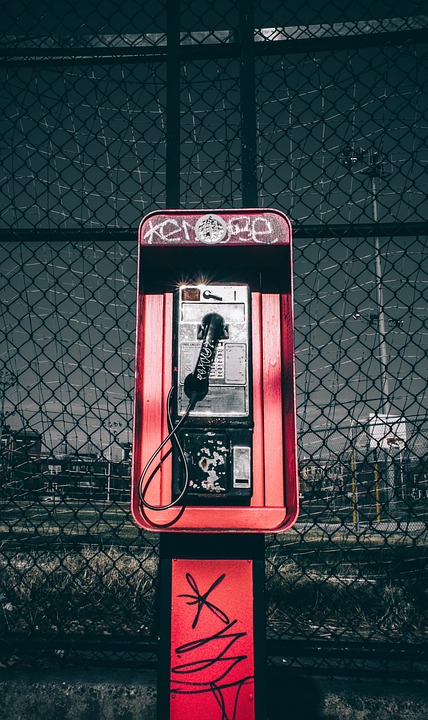From Stokowski to Nézet-Séguin: A Timeline of the Philadelphia Orchestra’s Legendary Conductors
The Philadelphia Orchestra is one of the most prestigious and renowned orchestras in the world, and much of its success can be attributed to the many legendary conductors who have led the ensemble over the years. From the innovative and flamboyant Leopold Stokowski to the dynamic and charismatic Yannick Nézet-Séguin, the Philadelphia Orchestra has been guided by some of the greatest musical minds of the past century. In this article, we will take a look at the timeline of conductors who have shaped the sound and reputation of this iconic orchestra.
Leopold Stokowski (1912-1938)
Leopold Stokowski is perhaps the most well-known and influential conductor in the history of the Philadelphia Orchestra. He was appointed as the orchestra’s conductor in 1912 and quickly made a name for himself with his innovative programming and extravagant performances. Stokowski was known for his flamboyant style and his willingness to experiment with new musical techniques, which helped to establish the Philadelphia Orchestra as one of the leading ensembles in the world.
Under Stokowski’s leadership, the Philadelphia Orchestra made numerous recordings and embarked on several successful international tours. Stokowski also established a close relationship with Walt Disney, which led to the orchestra’s appearance in the classic film “Fantasia.” Stokowski’s tenure with the Philadelphia Orchestra came to an end in 1938, but his influence on the orchestra and the world of classical music would endure for many years to come.
Eugene Ormandy (1936-1980)
Following Leopold Stokowski’s departure, Eugene Ormandy was appointed as the conductor of the Philadelphia Orchestra in 1936. Ormandy was a highly respected and beloved figure within the orchestra, and his tenure as conductor lasted for an impressive 44 years. Under Ormandy’s leadership, the Philadelphia Orchestra continued to build on its reputation as one of the world’s leading ensembles, and Ormandy himself became known for his meticulous attention to detail and his passionate performances.
During his time with the Philadelphia Orchestra, Ormandy made numerous recordings and led the ensemble on several successful tours around the world. He also established a close relationship with composers such as Samuel Barber and Leonard Bernstein, and premiered many new works with the orchestra. Ormandy’s legacy with the Philadelphia Orchestra is still felt today, and his recordings are still highly regarded by musicians and music lovers alike.
Riccardo Muti (1980-1992)
In 1980, Italian conductor Riccardo Muti took over the reins of the Philadelphia Orchestra, following Eugene Ormandy’s retirement. Muti was known for his passionate and intense conducting style, as well as his deep knowledge of the classical repertoire. During his tenure with the orchestra, Muti continued to build on the ensemble’s reputation for excellence and led the orchestra on several successful tours around the world.
Under Muti’s leadership, the Philadelphia Orchestra made numerous recordings and collaborated with some of the world’s leading soloists and composers. Muti’s tenure with the Philadelphia Orchestra came to an end in 1992, but his impact on the orchestra and the world of classical music was significant and lasting.
Wolfgang Sawallisch (1993-2003)
German conductor Wolfgang Sawallisch succeeded Riccardo Muti as the conductor of the Philadelphia Orchestra in 1993. Sawallisch was known for his warm and expressive conducting style, as well as his deep understanding of the Germanic repertoire. During his time with the orchestra, Sawallisch continued to build on the ensemble’s reputation for excellence and led the orchestra on several successful tours and recordings.
Sawallisch’s tenure with the Philadelphia Orchestra came to an end in 2003, but his impact on the orchestra and the world of classical music was significant. Sawallisch’s recordings with the Philadelphia Orchestra are still highly regarded by music enthusiasts, and his legacy with the orchestra continues to be celebrated.
Christoph Eschenbach (2003-2008)
Following Wolfgang Sawallisch’s retirement, German conductor Christoph Eschenbach took over as the conductor of the Philadelphia Orchestra in 2003. Eschenbach was known for his dynamic and energetic conducting style, as well as his deep knowledge of the classical repertoire. During his time with the orchestra, Eschenbach continued to build on the ensemble’s reputation for excellence and led the orchestra on several successful tours and recordings.
Eschenbach’s tenure with the Philadelphia Orchestra came to an end in 2008, but his impact on the orchestra and the world of classical music was significant. Eschenbach’s recordings with the Philadelphia Orchestra are still highly regarded by music enthusiasts, and his legacy with the orchestra continues to be celebrated.
Yannick Nézet-Séguin (2012-present)
Canadian conductor Yannick Nézet-Séguin is the current music director of the Philadelphia Orchestra, having taken over the position in 2012. Nézet-Séguin is known for his charismatic and energetic conducting style, as well as his deep passion for music. Since taking over as music director, Nézet-Séguin has led the orchestra to new heights of artistic excellence and has continued to build on the ensemble’s reputation as one of the world’s leading orchestras.
Under Nézet-Séguin’s leadership, the Philadelphia Orchestra has embarked on several successful tours and collaborations with some of the world’s leading soloists and composers. Nézet-Séguin’s tenure with the orchestra has been marked by critical acclaim and numerous awards, and his recordings with the orchestra are highly regarded by music enthusiasts.
In conclusion, the Philadelphia Orchestra has been fortunate to be led by some of the greatest conductors in the history of classical music. From the innovative and flamboyant Leopold Stokowski to the dynamic and charismatic Yannick Nézet-Séguin, each conductor has left their own unique mark on the orchestra and the world of classical music. The Philadelphia Orchestra’s legacy is secure in the hands of these legendary conductors, whose contributions continue to be celebrated and cherished by music lovers around the world.


